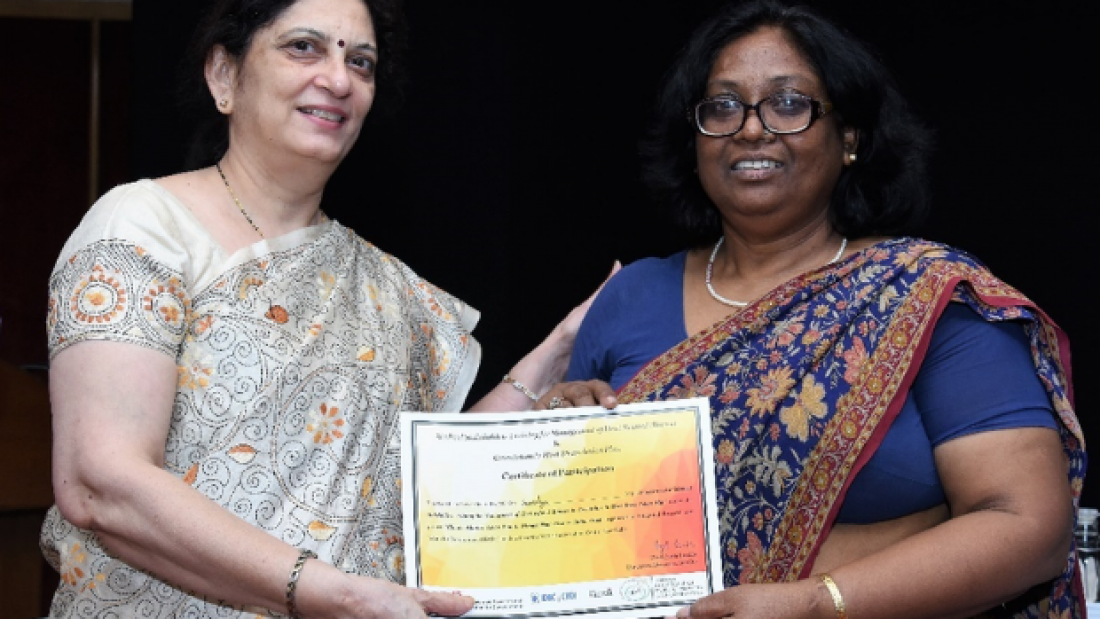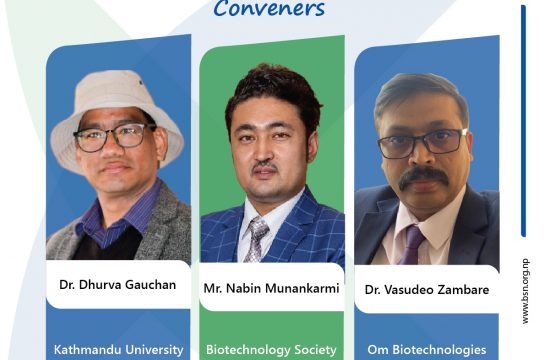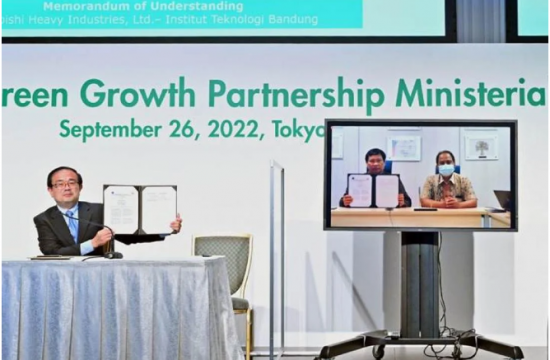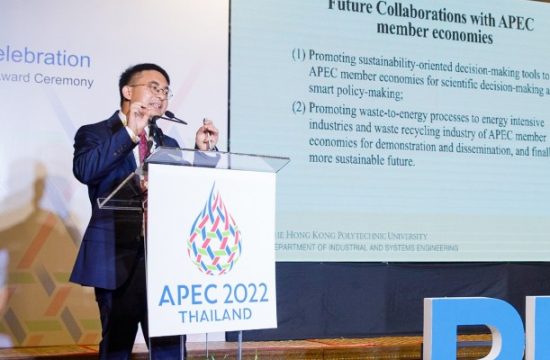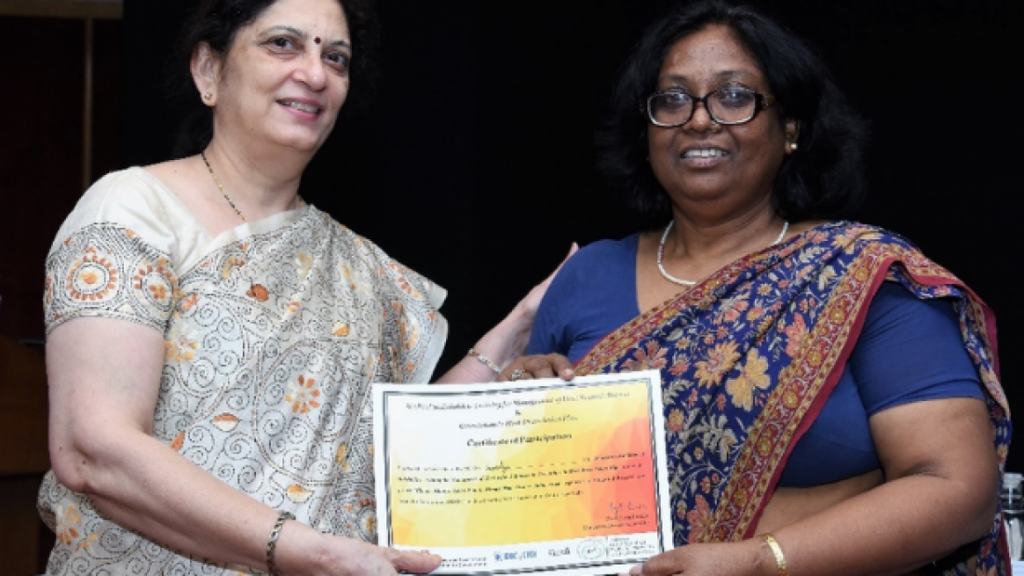
Rising global temperatures plays vital role to increase the frequency and severity of heat waves in India.
This increase has a considerable impact on the health of vulnerable communities and the rate of fatalities in the region.
“Medical community must be prepared for this rising hazard,” said Jyoti Parikh, executive director of Integrated Research and Action for Development (IRADe). “It is imperative to address the issue to avoid or minimize the associated risks.”
To address this challenge, International Development Research Centre (IDRC) supported its regional partner IRADe, in collaboration with the Indian Institute of Public Health, Gandhinagar (IIPHG), to organize two training workshops in key Indian cities. The workshops are just one component of IRADe’s on-going IDRC-supported research study, Climate Adaptive Action Plan to Manage Heat Stress in Indian Cities.
The purpose of the workshops was to orient regional healthcare professionals on the Heat Stress Action Plan of their respective city and to enhance the capacities of medical officers to improve management of heat-related illnesses.
The first training workshop, on May 3 in Rajkot, was run with the support of Rajkot Municipal Corporation. The second, on May 11, took place in Delhi and was organized in collaboration with the New Delhi Municipal Corporation.
With the participation of more than 50 doctors and public health professionals from each city, the workshops focused on concrete actions to improve the readiness of health departments to deal with heat waves. Discussions centered on the interpretation of heat alerts, diagnosis and treatment protocol for heat exhaustion and heat stroke, and overall preparedness for the prevention and management of heat stress during heat wave days.
The necessity of heat wave training and awareness was emphasized by Rohit Magotra, deputy director of IRADe, who commented that “[it] is increasingly important for medical officers and hospitals to be prepared for heat-related cases and prevent mortality due to heat stroke.
This workshop is timely and will go a long way in establishing protocols for early diagnosis and management of the heat-related illnesses.”


